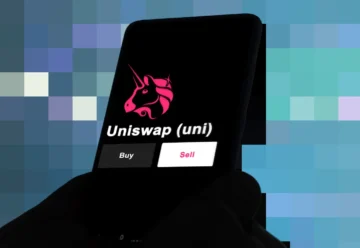Modern P2P Payment Solutions Lack Transparency

Many peer-to-peer (P2P) payment services don’t offer users any guarantees for refunds amid rising fraud, leading to decreased trust in P2P payment solutions. Stricter regulations and improved security standards could change this situation.
A study conducted by Consumer Reports revealed significant transparency issues among P2P payment platforms like Apple Cash, Venmo, Cash App, and Zelle. According to the report, the lack of clear policies regarding refunds and user protection against scam makes these services vulnerable to cybercriminals, increasing risks for end consumers.
The report highlights that P2P service users often struggle to recover funds after erroneous transfers or fraudulent transactions. P2P payment platforms simply don’t provide effective dispute resolution mechanisms, causing customer dissatisfaction and eroding trust in these services. Unlike traditional bank transfers or credit card transactions, where refunds are possible in cases of errors or fraud, P2P platforms often lack such options, raising financial risks for users.
Analysts argue that only the development of new rules to enhance the transparency of P2P payment services can protect consumers and reduce fraud risks. Stricter reporting requirements and payment data security measures could be crucial steps in this direction.
Recently, an anonymous programmer proposed a technological security standard to counter Man-In-The-Middle (MITM) attacks in P2P markets. You can read more about P2P networks in a special feature from CP Media.











